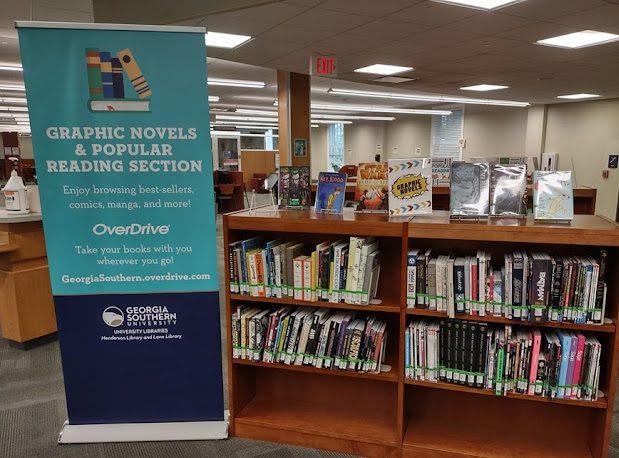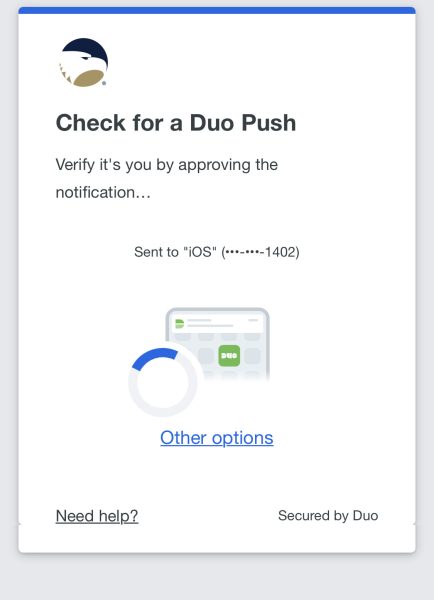Georgia Southern takes on FLSA overtime rule
April 4, 2017
In May of 2016, the U.S. Department of Labor decided to implement changes to the Fair Labor Standards Act (FLSA) overtime exemption rules for employees. Ten days before the rule was expected to go into effect on Dec. 1, 2016, a federal judge in Texas blocked it, granting a preliminary injunction.
FLSA establishes minimum wage, overtime pay, record keeping and more. What was changed in May was regarding overtime pay.
The rundown
According to the University System of Georgia’s (USG) website, the Governor’s Office of Planning and Budget as well as the Department of Administrative Services decided to put together alternative steps for the rule here in Georgia.
For starters, all FLSA-related salary changes that had taken place prior to the injunction would remain in effect. Also, some employees were moved back to exempt status while employees who were converted to non-exempt could continue to track their time.
At Georgia Southern, reaction about the changes was mixed. An employee who wished to remain anonymous wrote a letter to The George-Anne, claiming that the way Georgia Southern handled the new law cost over 400 employees at GS two weeks pay.
The employee also wondered, “how it could be legal that the university allowed employees to ‘cash in’ vacation hours in order to make up the difference.” The employee goes on to say that they believe that the money that is being taken from the over 400 employees is being used to fund the salaries of the individuals that are allowed to keep their increased salary.
Both Rob Whitaker, V.P. of Business and Finance and Rebecca Carroll, Associate V.P. for Human Resources, defended the accusation by saying that there wasn’t much leeway between what they could do and what the University System of Georgia had set in stone.
“It wasn’t something that we were given an option. The Federal Government said this is how you’re gonna do it, we gotta go do it,” Whitaker said. “There was little room for our own interpretation.”
New rules
What changed regarding the FLSA rules was the minimum salary required for an employee to become exempt. Originally the salary for employees to be exempt was at $23,660 but it was raised to $47,476.
Employees that went from exempt to non-exempt were now required to use Automatic Data Processing, otherwise known as ADP. According to the Georgia Southern FLSA website, employees who were now non-exempt had to save and approve their own time in ADP bi-weekly, per USG and GS deadlines.
During the change, the administration took a lot of steps in order to make sure that employees not only learned how to use ADP, but also answered a lot of their questions regarding time and pay issues.
“We created LISTSERVS for them and we made sure communication was very important,” Carroll said.
They first received a letter from their vice president or their supervisor, who then met with each individual one-on-one to explain the new changes. There were multiple open forums held between late Summer and early Fall so people could come out and voice their concerns.
More claims
The anonymous letter also talked about how GS did not apply the salary changes or the criteria used to impact employees constantly throughout the campus. According to Carroll, the changes were spread out, based on the job description and no one group or department on campus was impacted more than another.
In total, over 406 employees over the entire university had their jobs affected by this new rule.
“I think the way that we approached it with all the communication, the websites, we were having those open forums, training sessions…I felt like we got every bit of information out that we could to give everybody what they needed to understand what was going to happen to them,” Whitaker said.
Currently, the new FLSA federal overtime rule is still on hold, awaiting action from the Trump administration.
According to the Society for Human Resource Management, new regulations regarding this rule might not be implemented until sometime next year.












